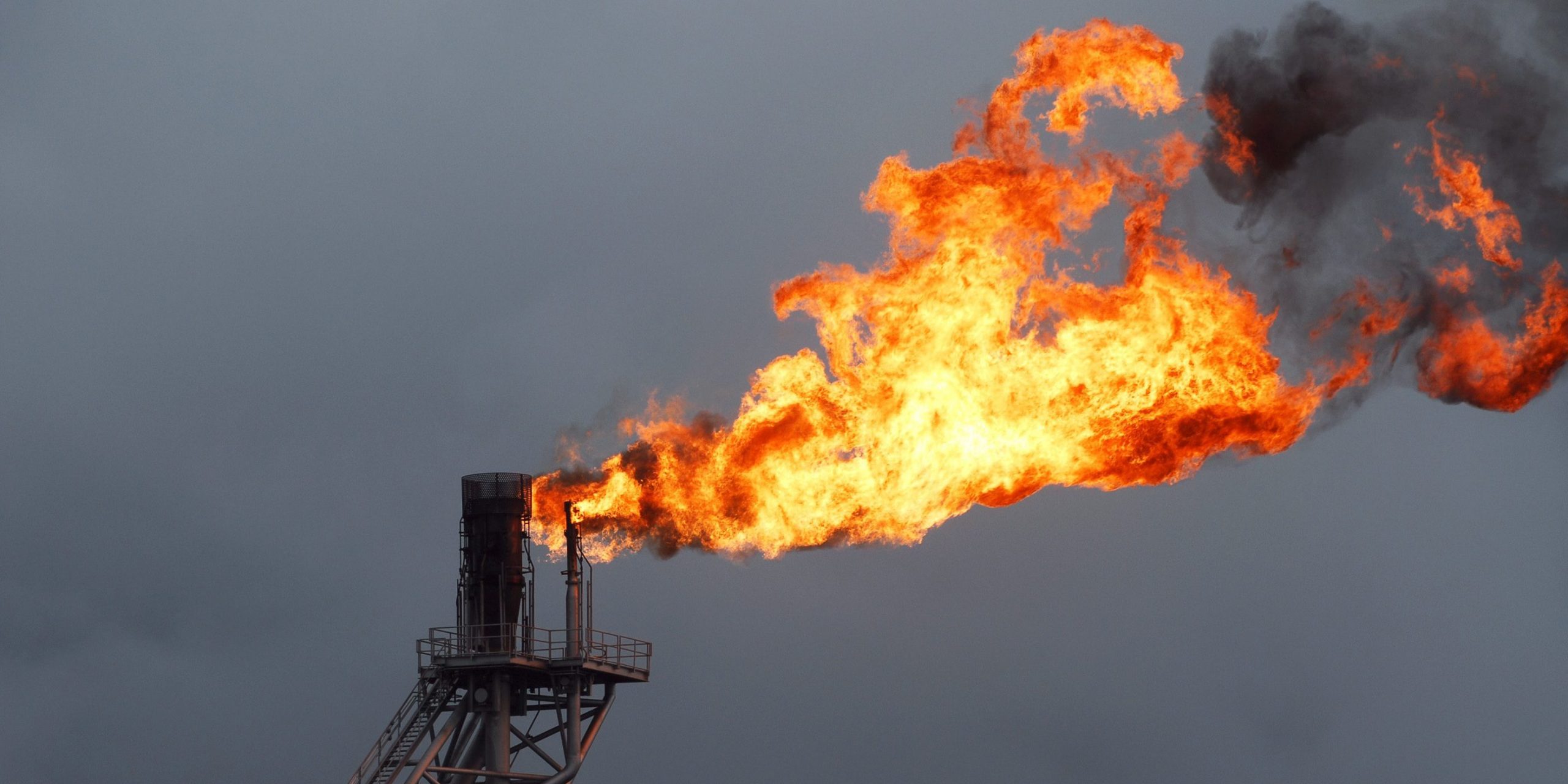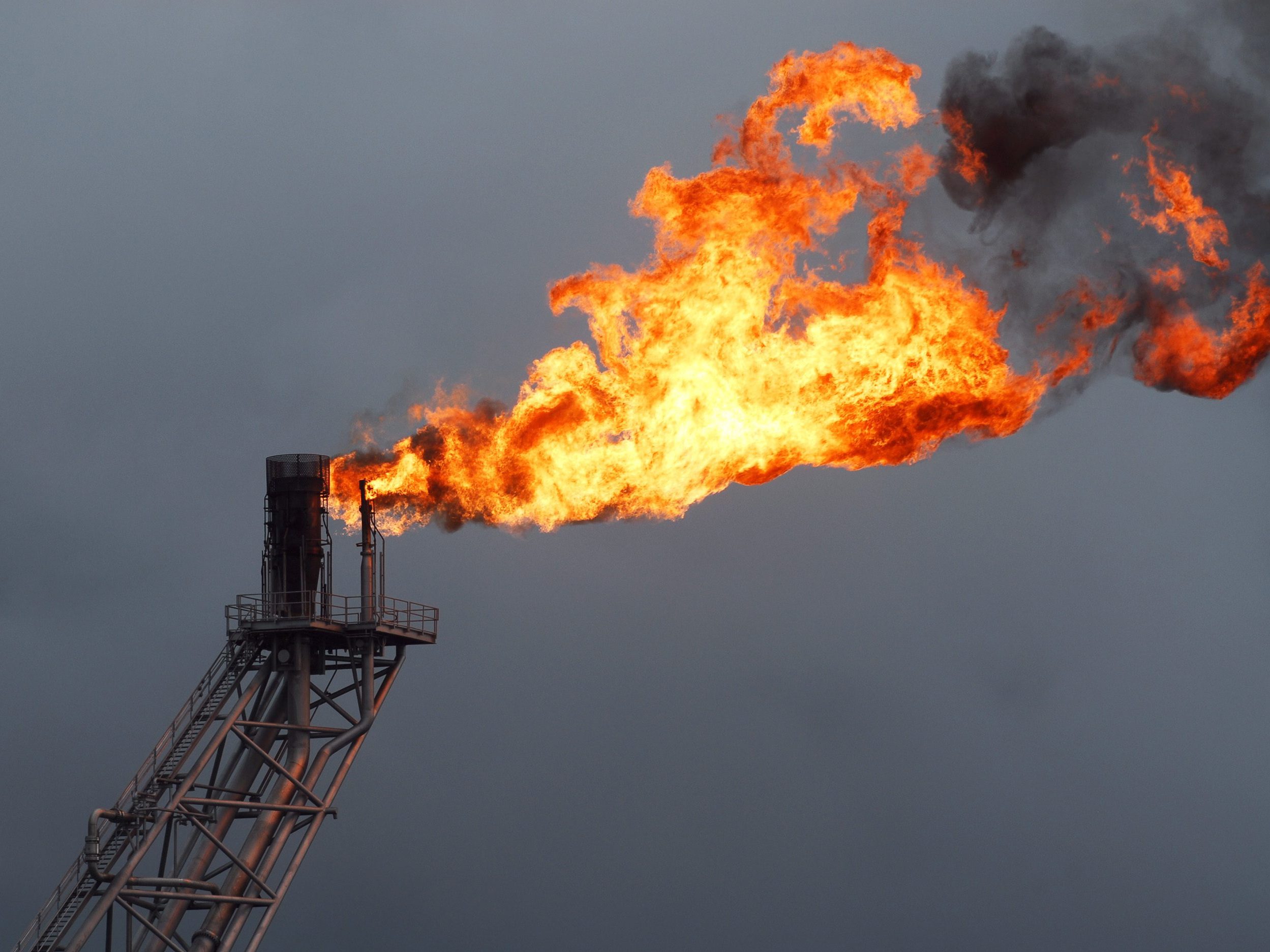Fire safety in the engineering construction industry (ECI) is critical due to the high-hazard areas in which workers operate that include flammable materials and electrical equipment.
As part of a campaign focused on health and safety, the Engineering Construction Industry Training Board (ECITB) has published a series of tips to help create a better safety culture in the ECI, including fire procedures to follow and safety measures.
With health and safety training being one of the key contributors in helping reduce accidents and lost-time incidents on sites, the ECITB’s industry-led CCNSG (Client Contractor National Safety Group) Safety Passport course helps to develop a positive health and safety culture, where safe and healthy working becomes second nature to everyone.
Below are a series of tips from the CCNSG course about fire safety to help keep you and your colleagues safe in the ECI.
Fire procedures
- Activate the nearest and safest fire alarm on discovery of any fire, however small. Do not wait.
- Only attempt to extinguish a fire if it is safe to do so and you have been trained.
- Evacuate the building as soon as the evacuate signal is given.
- Switch off any equipment which may constitute a fire hazard.
- Close doors, particularly those designated as fire resisting doors.
- Report to the pre-determined assembly point. Do not re-enter the building until the fire brigade officer in charge declares it is safe to do so.
- Fire wardens should be clearly identified.
- Fire wardens. Check that each area of the building has been evacuated. Report this to the nominated persons at the designated evacuation assembly point, if safe to do so.
Fire prevention
Observe the following safety measures regarding electrical equipment:
- Avoid temporary connections and joints in cables.
- Inspect adaptors and extension cables before starting work.
- Do not carry out work on electrical installations, only competent, authorised persons should undertake this work.
- Ensure that there is a clear space around appliances that are sources of heat.
- Avoid bringing your own electrical appliances to work if at all possible, but if you do, ensure that the equipment is inspected and tested.
- Switch off all electrical equipment at the end of the working day.
- Only smoke where it is permitted.
- Keep your work area clean and dispose of waste regularly and safely.
The ECITB plays a vital role in ensuring Britain has workers with the skills industry needs both now and for the future.
This includes the essential health and safety skills and knowledge to keep both workers and their colleagues safe when operating in some of the most safety-critical environments in industry.
Find out more about the CCNSG Safety Passport and how to book a course
Sign up for updates
Your information will be used to subscribe you to our e-newsletter.
For more information, please see our Privacy Notice.


